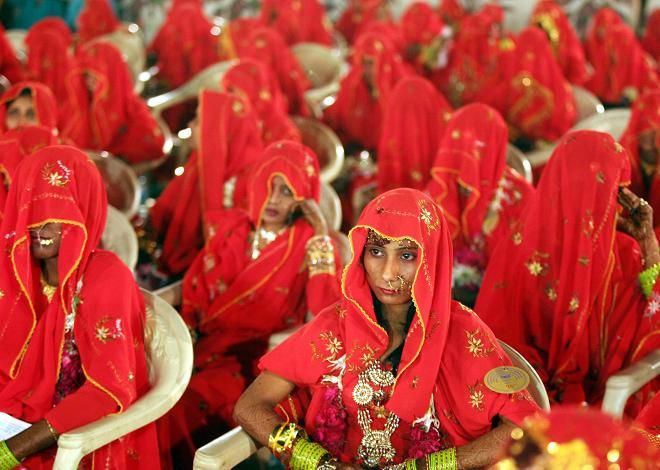Girl Power Surges In India After Affirmative Action Law

An affirmative action law in India could be responsible more changing the way women there think about females in power, according to a new study.
Researchers from Northwestern University say that gender gap is narrowing in villages with female leadership versus villages that never had a female in power. The time frame considered was from 1998 before the government implemented a law required random subsets of districts to elect only female or low caste candidates for council compared to 2007.
Indian parents had greater aspirations for their daughter’s career and education, and the gender gap closed by 25 percent in parental perceptions, according to the study. The gender gap in career and education aspirations closed by 32 percent in adolescents in West Bengal where the data was collected.
“The decline in the gender gap is entirely driven by an increase in girls' aspirations, not by a decrease in boys,” said Lori Beaman, an assistant professor of economics at Northwestern University.
Beaman also said that adolescent Indian girls were more likely to attend school and spent less time on household chores in the villages that had reserved political positions for women.
Beaman said that the study results support the belief that quotas and affirmative action in response to underrepresentation of women in politics and in other areas in business creates positive action by creating influential roles models, and pays off in the long run.



























